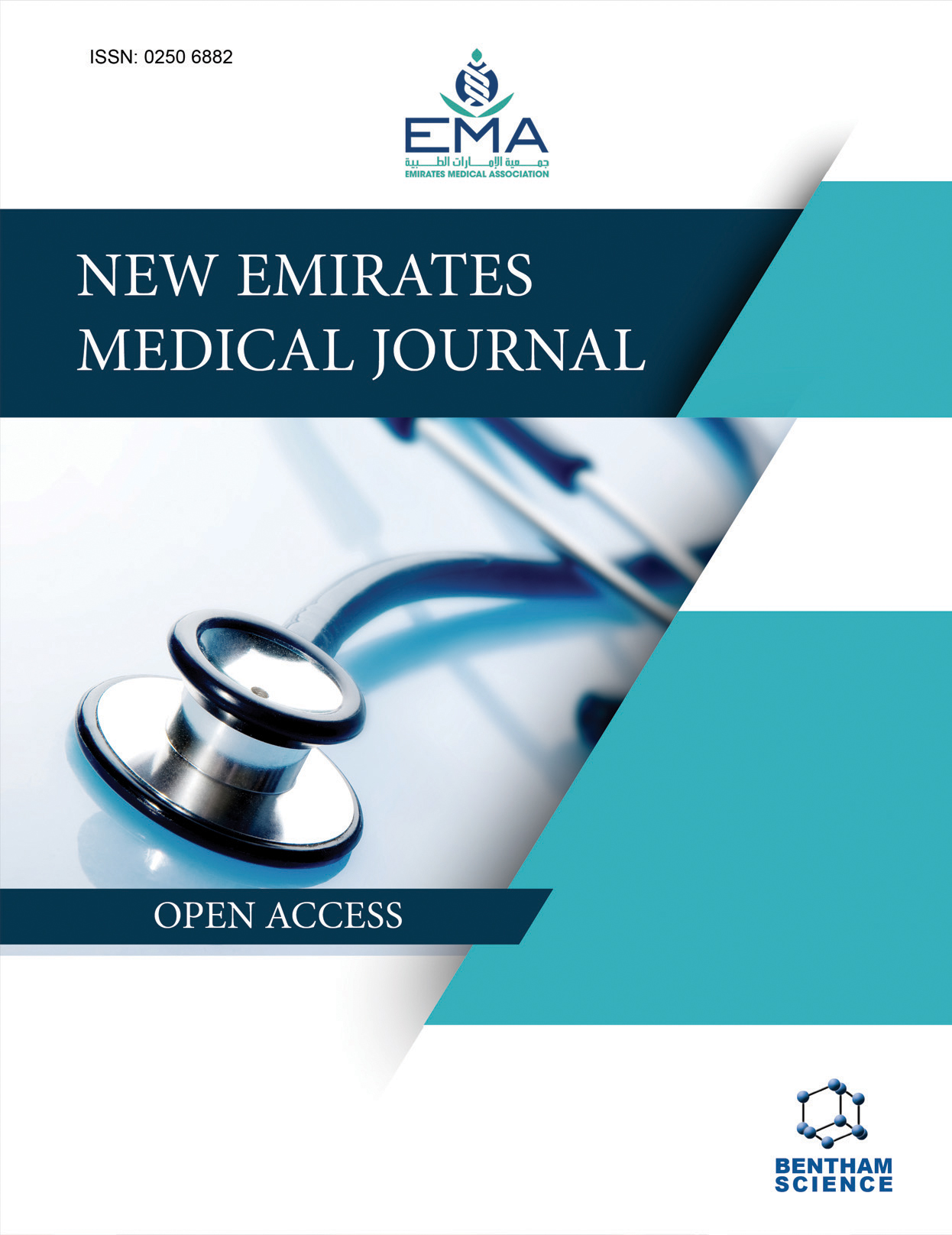-
oa Visceral Fat-associated Adipokines and Metabolic Variables in Central Obese Type 2 Diabetic Patients
- Source: New Emirates Medical Journal, Volume 5, Issue 1, Jan 2024, e02506882293086
-
- 03 Jan 2024
- 12 Mar 2024
- 03 May 2024
Abstract
The association between visceral obesity and insulin resistance establishes an alternative risk for the onset of type 2 diabetes mellitus. The infiltration of macrophages in the visceral fatty tissue and the unreliable generation of adipokines are associated with mechanisms directing the progress of insulin resistance.
The objective of the study was to observe the relationship between visceral fat-associated adipokines and biochemical variables in central obese type 2 diabetic patients.
This study included 100 central obese subjects (both genders) aged 30-60 years newly diagnosed with type 2 diabetes mellitus. Out of the 100 participants, 73 were male and 27 were female. Serum adipokines were analyzed using an enzyme-linked immunosorbent assay. Biochemical parameters were assessed using the Cobas® 6000 analyzer, while HbA1c levels were determined through high-performance liquid chromatography.
The results showed a significant relationship (p < 0.05) between the adipokines and HbA1c, fasting, and postprandial blood glucose levels. The results indicated a significant association (p < 0.05) between the adipokines and lipid profile with varying degrees in central obese type 2 diabetic subjects.
The relationship between visceral fat-associated adipokines and metabolic variables may influence the metabolic pathways in central obese type 2 diabetic patients. The adipokines are strong predictors for the intensification of diabetic risk and can be used as a diagnostic tool for risk assessment in the central obese population.


